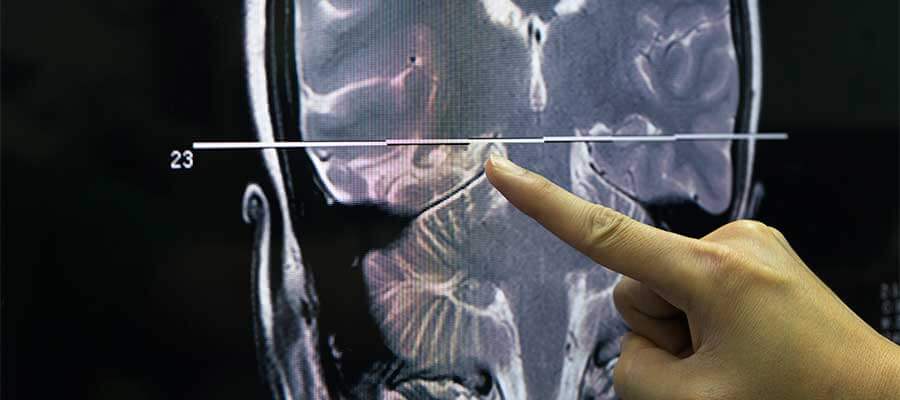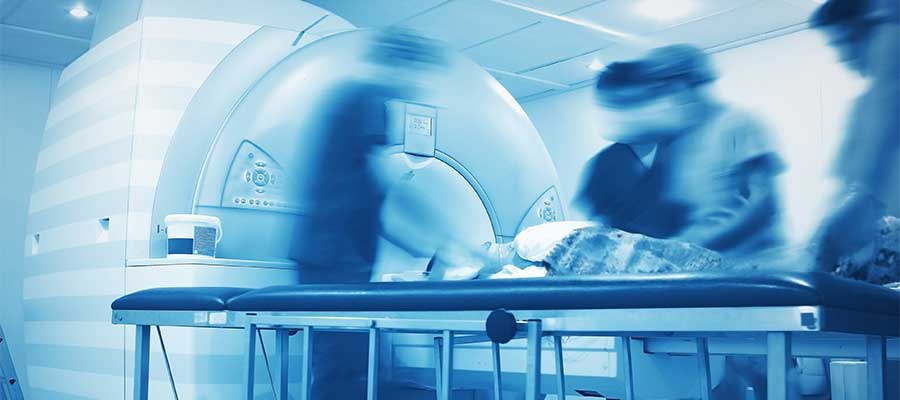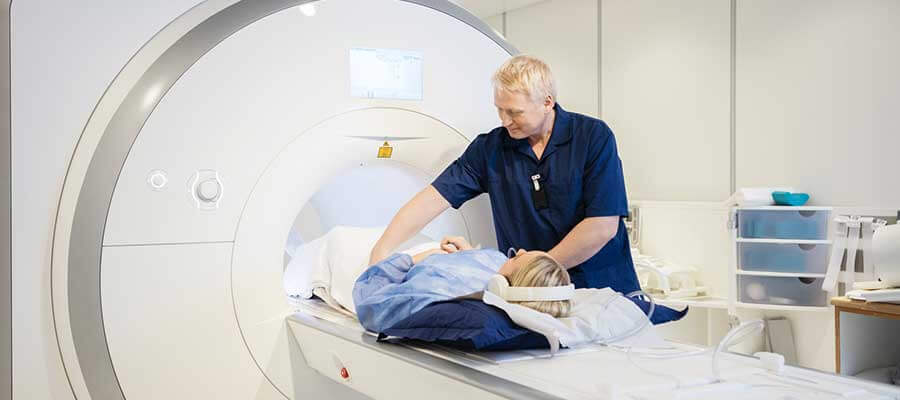When people think about starting a new career in healthcare, they often weigh not just their interests but also the opportunities it provides. For those who want meaningful patient interaction, access to advanced medical technology, and a clear pathway into a stable profession, becoming an MRI technologist checks all the boxes. Earning an MRI associate degree gives you the skills, clinical training, and credentials needed to step confidently into one of the fastest-growing areas of healthcare.
This degree is more than just a piece of paper—it’s the gateway to a career that blends compassion with cutting-edge technology. By enrolling in an accredited program, you’ll learn how to perform MRI scans, ensure patient comfort, and provide physicians with images that are critical to accurate diagnoses. The degree also helps you meet the certification requirements that most employers demand, positioning you as a competitive candidate in a growing job market.
A Career That Balances Meaning and Stability
Working as an MRI technologist means you get to play an essential role in patient care without the decade-long schooling required of doctors. Every day, technologists help patients through procedures that can feel intimidating, guiding them with reassurance while delivering precise images that doctors rely on. That mix of science and human connection makes the job deeply rewarding.
The profession also offers financial security. According to the U.S. Bureau of Labor Statistics, MRI technologists earned a median annual salary of about $87,000 in 2024. While wages vary by location and experience, this is significantly higher than the average U.S. salary, giving technologists a stable and comfortable income. Demand for MRI technologists is projected to grow faster than the national average over the next decade, fueled by advancements in medical imaging and an aging population that requires more diagnostic care. Hospitals, outpatient centers, and specialized diagnostic clinics are consistently hiring, which means qualified techs can expect strong job security.
For many people, lifestyle is just as important as salary. MRI technologists often enjoy predictable schedules, especially those working in outpatient imaging centers that operate during standard business hours. Even in hospital settings, scans are typically scheduled in advance, which limits the number of late-night emergency calls compared to other medical roles. That combination of solid pay, steady demand, and healthier work-life balance is what makes this career path especially attractive.
Taking the Next Step with the Right Program
If you’re considering this career, choosing the right MRI program is critical. An associate degree provides the foundation for certification through organizations like the ARRT or ARMRIT, both of which are preferred by employers. The best programs combine classroom learning with clinical rotations, where you’ll gain hands-on experience in real healthcare environments. This dual approach ensures you’re not just prepared for exams—you’re ready to handle patients and equipment with confidence on day one of the job.
Flexibility is another factor that draws people to this field. Many programs, including those offered at Pulse Radiology Institute, provide online coursework that can be completed at your own pace. Clinical training is then arranged through partnered hospitals and imaging centers, giving you the chance to apply your knowledge in real-world situations. Whether you’re just starting out in healthcare or transitioning from another career, this structure makes it possible to pursue your education without putting the rest of your life on hold.
In the end, an MRI associate degree is more than an academic achievement—it’s the first step toward a future filled with professional growth, financial stability, and the satisfaction of helping patients every single day. If you’re ready to begin, Pulse Radiology Institute offers accredited programs designed to fit your goals and schedule, helping you turn your interest in healthcare into a rewarding long-term career.





